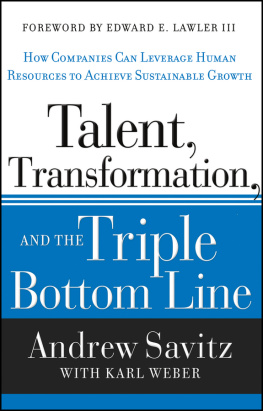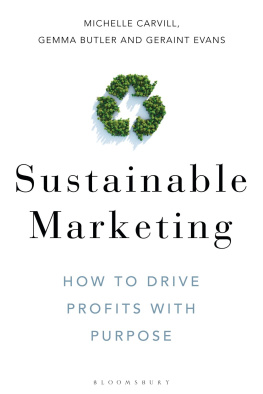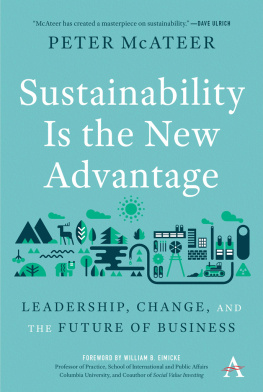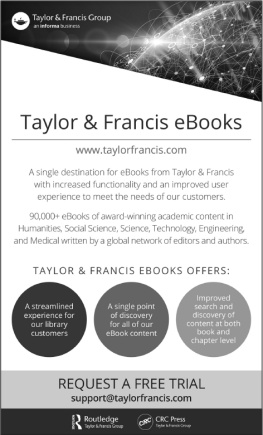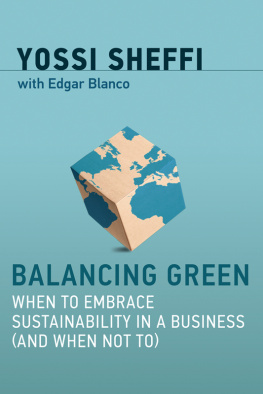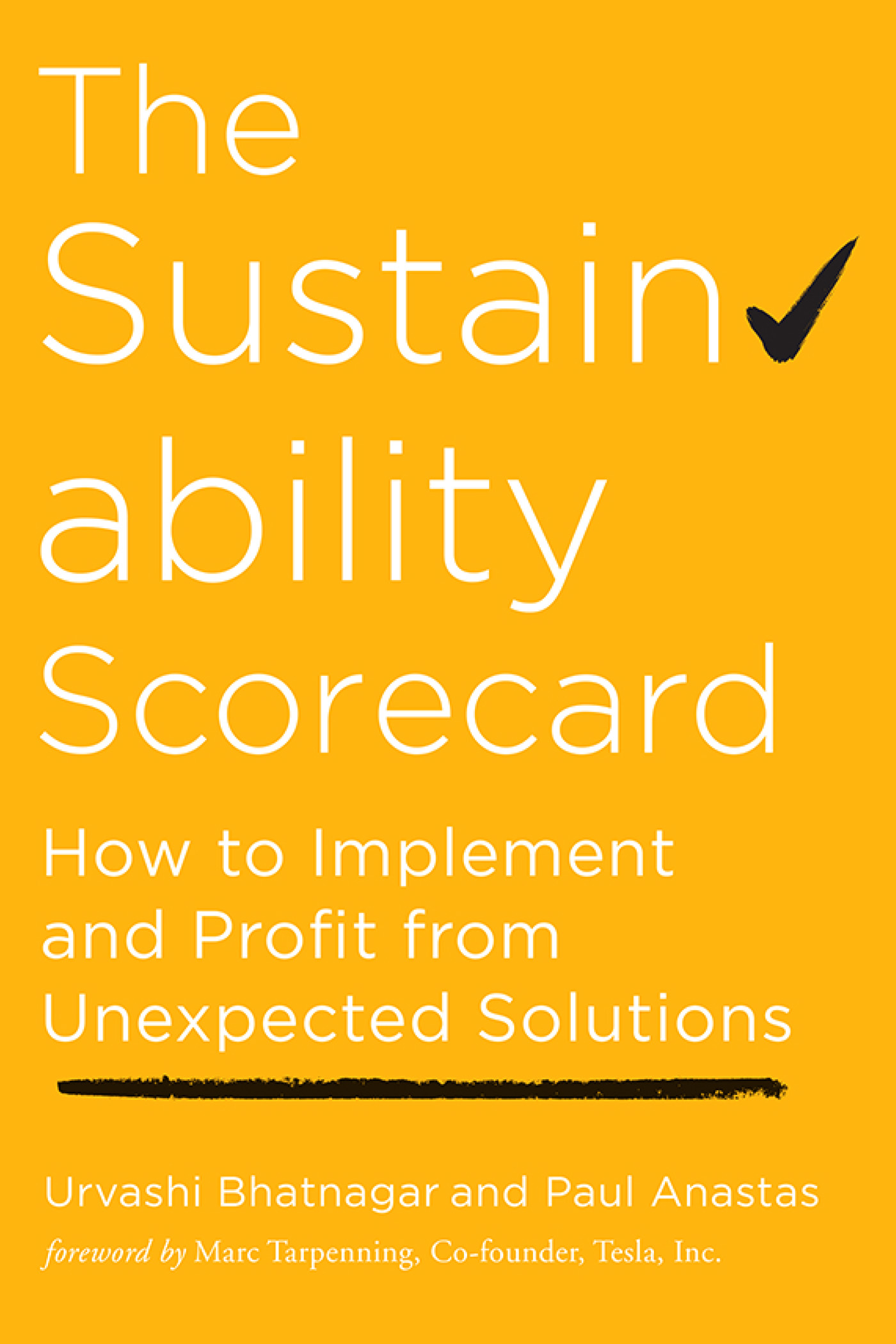Contents
Landmarks
Page List
The
Sustainability
Scorecard
Urvashi
Bhatnagar
and
Paul
Anastas
The Sustainability Scorecard
Copyright 2022 Urvashi Bhatnagar and Paul Anastas
All rights reserved. No part of this publication may be reproduced, distributed, or transmitted in any form or by any means, including photocopying, recording, or other electronic or mechanical methods, without the prior written permission of the publisher, except in the case of brief quotations embodied in critical reviews and certain other noncommercial uses permitted by copyright law. For permission requests, write to the publisher, addressed Attention: Permissions Coordinator, at the address below.

| Berrett-Koehler Publishers, Inc. 1333 Broadway, Suite 1000 Oakland, CA 94612-1921 Tel: (510) 817-2277, Fax: (510) 817-2278 www.bkconnection.com |
Ordering information for print editions
Quantity sales. Special discounts are available on quantity purchases by corporations, associations, and others. For details, contact the Special Sales Department at the Berrett-Koehler address above.
Individual sales. Berrett-Koehler publications are available through most bookstores. They can also be ordered directly from Berrett-Koehler: Tel: (800) 929-2929; Fax: (802) 864-7626; www.bkconnection.com
Orders for college textbook/course adoption use. Please contact Berrett-Koehler: Tel: (800) 929-2929; Fax: (802) 864-7626.
Distributed to the U.S. trade and internationally by Penguin Random House Publisher Services.
Berrett-Koehler and the BK logo are registered trademarks of Berrett-Koehler Publishers, Inc.
First Edition
Hardcover print edition ISBN 978-1-5230-9378-6
PDF e-book ISBN 978-1-5230-9379-3
IDPF e-book ISBN 978-1-5230-9380-9
Digital audio ISBN 978-1-5230-9381-6
2022-1
Book producer: Susan Geraghty
Cover designer: Nita Ybarra
Interior design: Lewelin Polanco
To all the scientists, teachers, businesspeople, inventors, industrialists, investors, communicators, financers, activists, managers, and public servants around the globe who are advancing green chemistry for the goal of a better world.
P.A.
To the future generations of leaders in every field who will find creative ways to redefine, reengineer, and resolve humanitys most pressing economic issues to create a new reality.
U.B.
Contents
Whats Your End Goal?
Foreword
T hese next few decades, a length of time that spans only a single humans typical career from start to finish, will be some of the most transformative in human history. Transformative in the sense that nearly everything we do needs to change.
When we examine the big things we doelectricity, transportation, food, all the stuff that we consume, and all the activities that we enjoyessentially none of it is currently sustainable. What is worse, much of it causes external damage to the climate and the natural world that our descendants will hate us for. There is mounting evidence that we are precipitating the sixth great mass extinction in our planets history. This is not good.
To many people, the entire concept of sustainable products and systems sounds like some eco-utopian fuzzy-headed vision promoted by college students. In truth, sustainability is just common sense. Herbert Stein, an economist, has a quote that Ive always liked, If something cannot go on forever, it will stop. Although he was referring to certain financial imbalances, the same is true for all endeavors.
When a company provides products or services that are not sustainably sourced, by definition that means its products or services are unsustainable and will eventually stop. This is in addition to any external environmental damage the products production or use might be responsible for, whose costs generally fall on someone else.
From a purely capitalist standpoint, it is important for investors and management to recognize that their companys products or services will stop being viable even if customers still want to buy them. This isnt an ESG threat but simply a fact. If a product depends on processes and inputs that are not sustainable, it will stop being a viable product as shortages or input prices make it unsuccessful in the marketplace. That isnt fuzzy-headed green thinking, but a sign of the need for very clear, proactive management.
In the recent past, a large US cereal company proclaimed its green credentials on every cereal box, stating in large, bold letters: We have committed to sustainably source 100% of our cereal boxes by 2020. Clearly people in the supply chain of this large company were working hard on sourcing boxes, and it was comforting to know that the future of cereal boxes would be secure. However, the future of what is inside the cereal boxes is far less certain. I assume that the inputs that make the cereal are not sustainably managed, and those farms are mining water or topsoil or fertilizer or some other resource in a way that will eventually cause their fields to fail. If that werent the case, Im sure it would be also in large letters on the soon-to-be sustainable box. The farms wont fail this quarter, or probably this decade, but maybe in two decades? Three? I am not sure, but if I were on their board of directors, or held their stock, I certainly would want to know.
Of course, such issues pertain not just to cereal but to just about all the goods and services that we now consume. We need to make millions of supply and production changes, from initial design, sourcing of resources, through to final product delivery, but then back again so that those embodied resources can be reprocessed into new things. We need to build a truly circular economy.
There are many people who argue that a better way is to de-grow, to go back to simpler lifestyles from earlier times and consume far less. There are many real and virtual communities dedicated to this simpler, less resource-intensive lifestyle, living more holistically, which is wonderful. Subjectively, much of what our society produces seems to be a waste of time and resources and can present financial strain on people who need those things.
But a truly utopian society allows everyone to reach their potential and have a reasonable shot to fulfill their hopes and dreams. For some people, that appears to require long chains of purple plastic unicorns that light up in synchronized ways to music. My personal happiness does not depend on plastic unicorns, but probably on other things many people find equally absurd. Our future should not be one of proscribed grand austerity, but rather one making sure that the plastic used to make unicorns contains carbon from the present and is completely biodegradable, or at a minimum will be recycled back into virgin material for the next mythical creature. That the copper and other mined elements will be recaptured to make future products that delight the user. Doing this requires changes in product design, use of new materials, and better recycling systems. But none of that is fantasy or science fiction, just work, and we are pretty good at such things as a society if we care about it.


